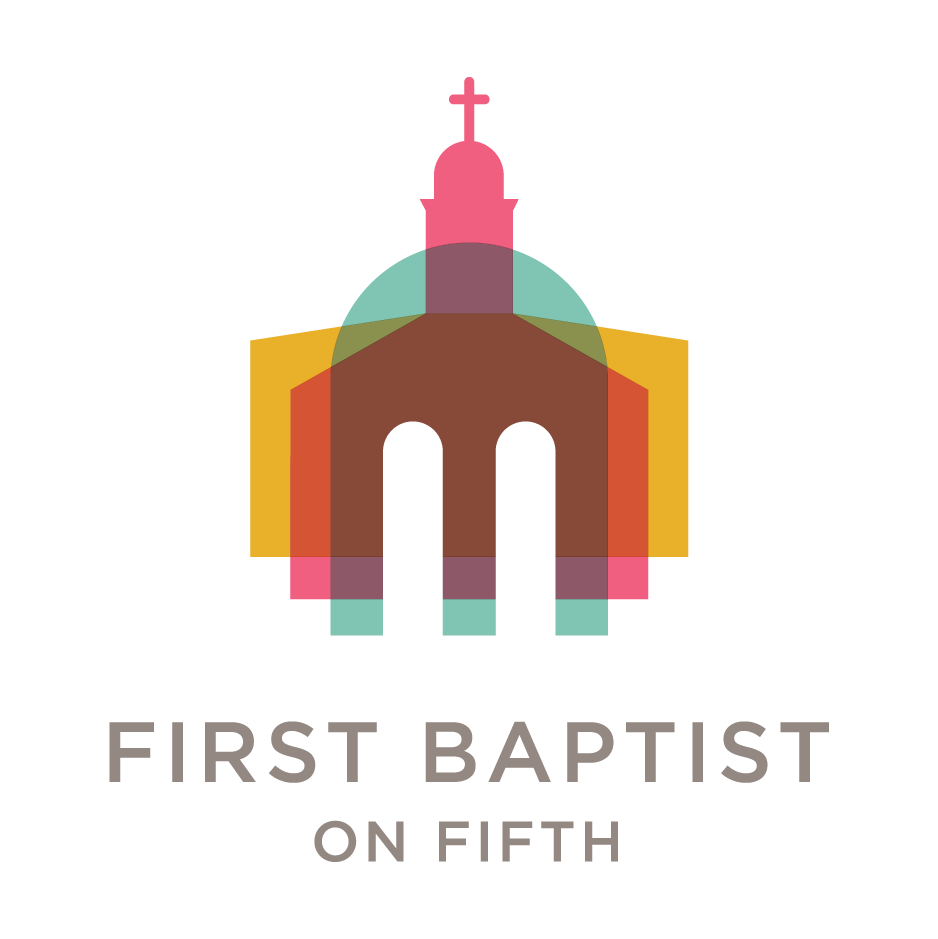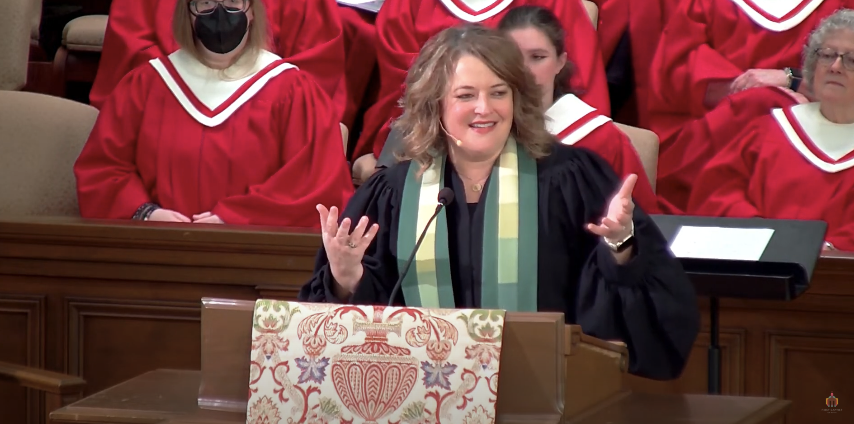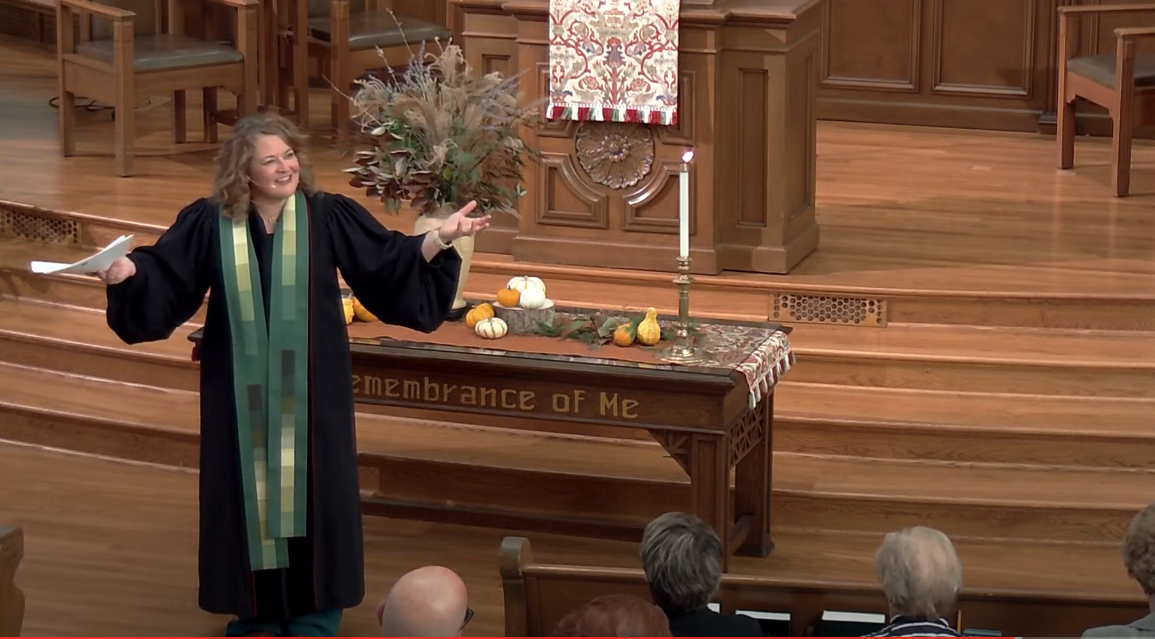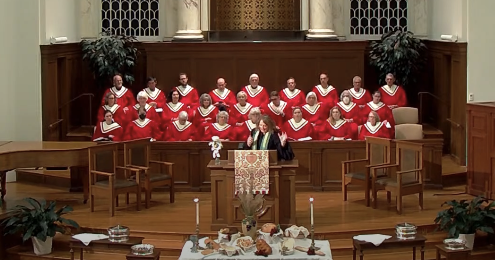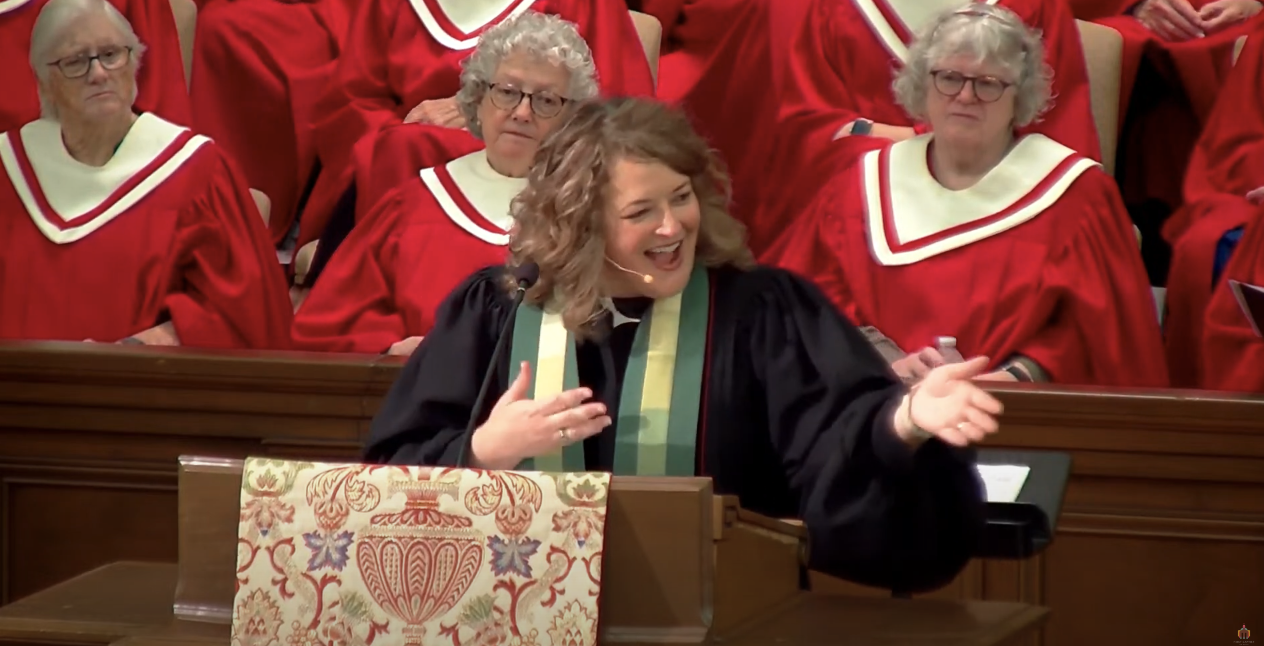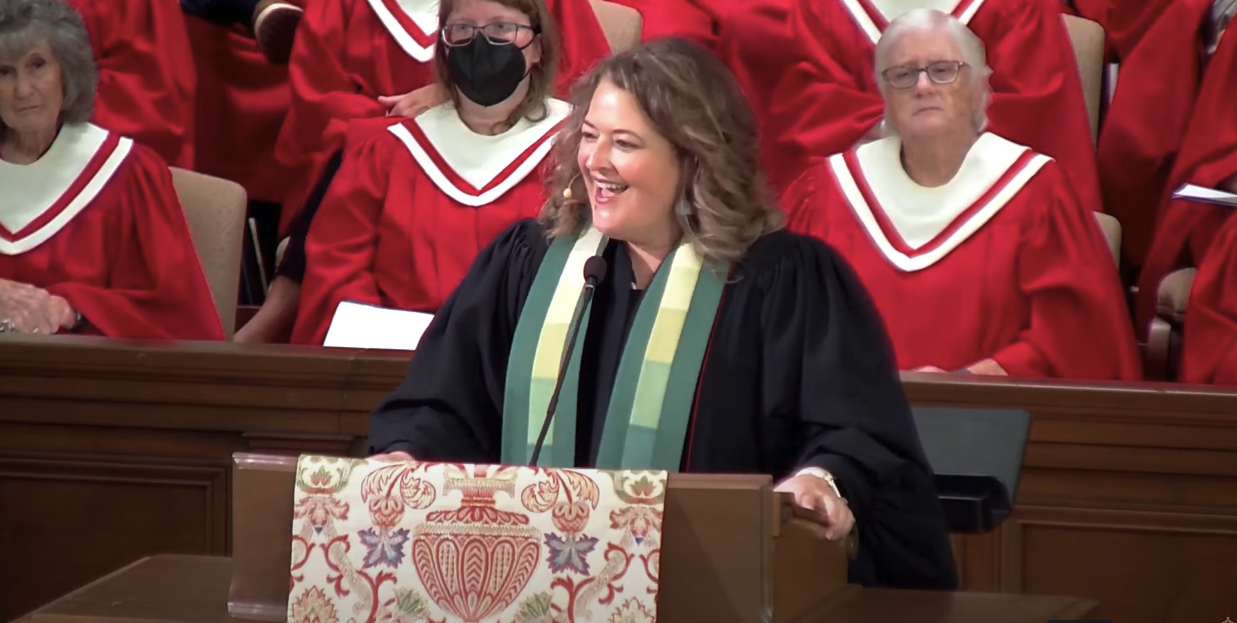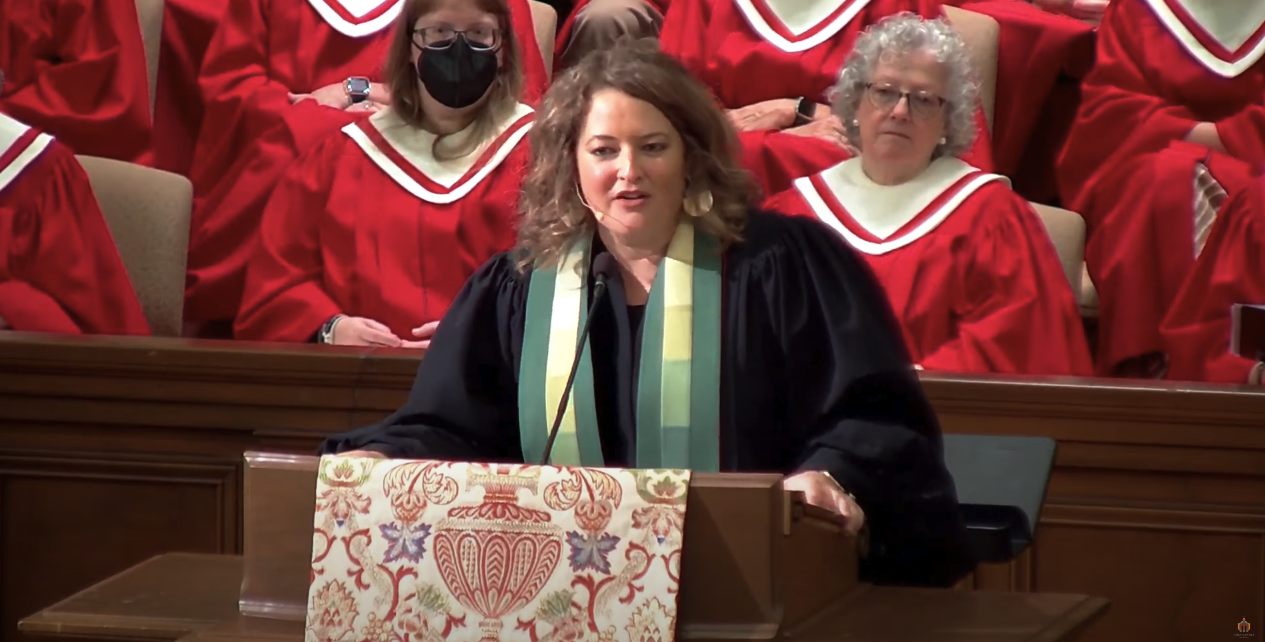I.One of the all-time great TV shows – in my humble opinion – was The West Wing, back in popularity – again! – like everything else from the 1990s. Created by Aaron Sorkin some 25 years ago as a deep exploration of the staff around a president (hence the title!) and all they encounter together in a fictional president’s two-term administration, The West Wing centered the stories of characters like Leo McGarry, the president’s chief of staff, or Toby Ziegler, the president’s director of communications. My favorite character, though, was CJ Cregg – first, the president’s press secretary, then later, chief of staff.
In one of the series’s final episodes, CJ Cregg considers the shape of her life after serving at the White House, as she’s offered positions on Fortune 500 company boards, on university faculties, in the new administration. But one offer sparks her interest unlike the rest. Billionaire Franklin Hollis comes to meet with her and offers her $10 billion dollars to attack a single problem, one that is unlikely to be the subject of fundraisers but one that by addressing, makes a substantive impact. “My sense is,” Franklin says to CJ, “that you would have a unique perspective on what that could be and how to make it happen.” Without skipping a beat, CJ responds in one word, “highways.” “That’s what you’re looking for,” she claims. “9 of 10 African aid projects fail because the medicine or the personnel can’t get to the people in need. Blanket the continent with highways,” CJ concludes, “and then maybe get started on plumbing? Makes for a lousy telethon.” You see, eight years beside the most powerful person in the world helped CJ realize that at the heart of inequality and a problem that seems too hard to solve? Access.
II.We’ve been talking over these past weeks about what the church is for, and today we consider that the church is for accessibility. Accessibility can be defined as “the quality of being able to be reached or entered.” Things that are accessible are easy to obtain or use, easy to understand or appreciate, easy to speak to or deal with. For people who live with disabilities, the United States Departments of Justice and Education tell us, in order to be accessible, they must be able to “acquire the same information, engage in the same interactions, and enjoy the same services” as people who do not have disabilities, and do so “in an equally integrated and equally effective manner, with substantially equivalent ease of use.”
No matter the sphere – schools, churches, civic engagement, services to live each day, and so on – giving careful attention to accessibility acknowledges that not everyone finds everything “able to be reached or entered.” Think of a kid with dyslexia who is learning to read, or a person with hearing loss trying to catch all the words in a lecture, or a person who uses a wheelchair getting around in an old building. Think of a person with wobbly legs, or limited sight, or new to the United States with no ability to speak English. Think of a person with sensory issues, or a person with a traumatic past, or a person with social anxieties.
For when you do, you see, I’m sure, that accessibility becomes an equalizer. Commitments to accessibility make the rough places plain and the crooked paths straight, lowering mountains and raising valleys, building those highways in order that everyone can reach and be reached, everyone can understand and be understood.
III.Perhaps you hear why accessibility matters to the Christian life! Let’s consider first what our two scriptures for today have to say.
First, our work continues in James, as the writer deepens his encouragement for wisdom and thoughtful speaking that he had begun. Don’t just say it, show it!, he says. Show through your lives the good work God has done in you. Show that you possess a gentle wisdom, that you aren’t lured by bitter envy and selfish ambition, that you have capacity for wisdom that yields good fruits. Show discipline when the ways of the world would entice you otherwise. “Submit yourselves therefore to God,” the writer commands. “Draw near to God, and God will draw near to you.” In other words, make sure you’re within reach of God, and God with you. Make sure the pathways to your heart are clear, and access to your mind is unimpeded.
That’s also what the gospel writer of Luke had in mind in this story about a man paralyzed and his friends. Jesus is out teaching among the Pharisees and religious teachers, when several men arrived carrying their friend, a man paralyzed, on a mat. They were there to bring him to Jesus, but couldn’t get through, unable to reach or enter into the Son of God. Luke tells us they were crowded out as they carried their friend on a stretcher, and “finding no way to bring him in because of the crowd, they went up on the roof and let him down on the stretcher through the tiles into the middle of the crowd in front of Jesus.”
Now we could talk today about the man himself, about what Jesus offered to him by way of healing, or what his life looked like before and after he met Jesus. We could talk about the crowds’ amazement or the religious leaders’ questions, about the connection of one’s body to faith or what it means to edge our way so close to Jesus that others feel like they can’t come near. But today I want to talk about the friends of this man. Those who “understood the assignment,” as it were. Those who, in the words of theologian Justo Gonzalez, “made a way where there was not one.” Those who pressed past the barrier to Jesus caused mindlessly by religious folks. Those who were for accessibility.
You’ve got to wonder: who were these friends? How many were there? How did they come to know and love the man on the stretcher enough to take him to Jesus? Did these friends consider leaving the man on the mat behind so that they could elbow their way through the crowd and more easily get to Jesus? Regardless of who they are and how they came to know their friend, in the midst of impediment, they found access. In the midst of a dead end, they went up on the roof and let him down on the stretcher through the tiles into the middle of the crowd in front of Jesus.” All for one, and one for all. They come in together, or they don’t come at all.
A couple of years ago, I heard Reverend Dr. Otis Moss the III, pastor of Trinity United Church of Christ in Chicago, give a sermon on this text to the gathered community of the Cooperative Baptist Fellowship. He imagined this group of friends to be a group of four, each holding up their corner of the mat, taking their friend to Jesus by any means necessary. “Each brother was working his corner,” Moss said. But too often, he reminded the crowd, we church folk get distracted by other people’s corners. We worry about what this church over here is doing, or what that Christian voice over there is saying, forgetting that we have our own corner to carry. “Too much corner conflict,” Dr. Moss said, “instead of working your own corner. Work your own corner, [Cooperative Baptist Fellowship.] Focus on what God called you to do. Work your corner and bring those who are broken into the presence of God.”
I don’t do his sermon justice, because the room was on our feet – in tears, in laughter, in hope – by its end. And that room knew what you and I know. How tempting it would be to point our fingers at someone else’s corner, exposing all their barriers to Jesus while overlooking our own. How easy it would be, in the spirit of James, to call out others’ hypocrisy as a hindrance, to see others’ envy and ambition, arrogance and disorder as obstacles for the very people they’re trying to reach, but fail to check our corner first. How expected it would be to envy another corner’s budget, or be jealous of another corner’s buildings, or resent another corner’s programs, or hold a grudge against shiny happy people flooding in another corner’s doors, neglecting the whole mission God has entrusted to us at this corner of 5th and Spruce. How inaccessible it would be to overlook the very people we’re called to serve because we’d become too preoccupied with another’s grasp.
“When Jesus saw their faith,” the text says – not the man’s faith, the friends’ faith! – Jesus declares the man’s sins forgiven. They each carried their corner! They did their part to make a way where there was no way to Jesus! They set aside whatever envy or selfish ambition in order to lift up a friend – literally and spiritually – and that man’s life was not the only life changed that day.
IV.I must say, it is a painful irony to be preaching a sermon about how the church is for accessibility just days after the worst storm to hit North Carolina in centuries has practically rendered the entire western part of our state inaccessible to the outside world by road, by phone, by power line, by water – only available to the helicopters that circle above the waterlogged towns searching for people left to save. But after seeing the profoundly devastating reports from our western neighbors, I’m even more convinced that access is at the heart of well-being. That being seen and known and heard is vital to one’s sense of self, a sense that we haven’t been forgotten, that what we do and who we are matters, that we’re not just left aside.
Imagine with me. Imagine what stories we’ll hear when citizens of Asheville have cell service again. Imagine what images we’ll see when we can once again drive and walk and hike and bike along these beautiful mountain roads. Imagine what healing will be possible when once again, our neighbors can be reached, can acquire the same information, engage in the same interactions, and enjoy the same services as we do today. Imagine what transformation will be possible if we understand that we carry our corner for our neighbors too.
Beyond our state and the tragedy that unfolded this week, just imagine what is possible in the church when the confinement of access long denied is set free! When people long ostracized from churches find a pathway in. When people long limited from ministry find a pathway in. When people with addictions and anxieties, disabilities and difficulties find a pathway in. When people too stuck find pathways out.
Friends, the church is for accessibility. It must be! For God is made accessible to us in Jesus, anywhere there are feasts to have, or sinners to welcome, or lessons to teach, or miracles to perform, or people who need to be seen and known and loved. The kingdom of God is made accessible to us anywhere there are seeds to plant, leaven to knead into dough, a lost coin to find or a lost child to welcome home. The church is made accessible to us through the Holy Spirit, anywhere there are sons and daughters who prophesy, where old and young dream dreams, where the dividing walls of hostility among difference have already been broken down by Jesus, where there is no longer Jew or Greek, slave or free, male and female, because all of you – all of us! – are one in Christ Jesus.
Let us not be like the church in that story of the public sinner, who was excommunicated and forbidden entry into the church. He went to God with his anger and grief, saying, “they won’t let me in, Lord, because I’m a sinner!” “What are you complaining about?,” said God, “they won’t let me in either!”
If the church is for accessibility, then we must live that out. It’s why our building project centers various expressions of accessibility like sound and space and parking and signage that Joy talked about earlier. It’s why our Confession of Identity makes clear that we’re a church for anyone, that no access to membership at First Baptist on Fifth and all the rights and responsibilities therein is denied. It’s why we create age-appropriate experiences, and chances to serve alongside our neighbors, and live-streaming our worship – and so on and so forth, all such that we are able to be reached or entered by anyone. It’s why we will never stop learning how we can be more accessible, finding our blind spots and correcting them for the good of the whole. Why? Because God gave access. Because Jesus gave access. Because the Holy Spirit gave access. And they ask us all to do the same.
Let me be clear: accessibility doesn’t mean unaccountability. We know that being a church for anyone might mean we’re not a church for everyone. But being a church for accessibility means we commit to opening wide the doors, working our corner, clearing the path and breaking through the roof tiles if we must. Creating the way for all who enter in to draw near to God, and God to us.
That’s the church at her best – uncontained within walls, “even beautiful, exquisitely crafted walls,” as Debie Thomas reminds us. “The church is the love of God working through the endurance, tenacity, and openness of God’s people.” We’ve got highways to build, friends. We have a corner to carry. Shall we?
